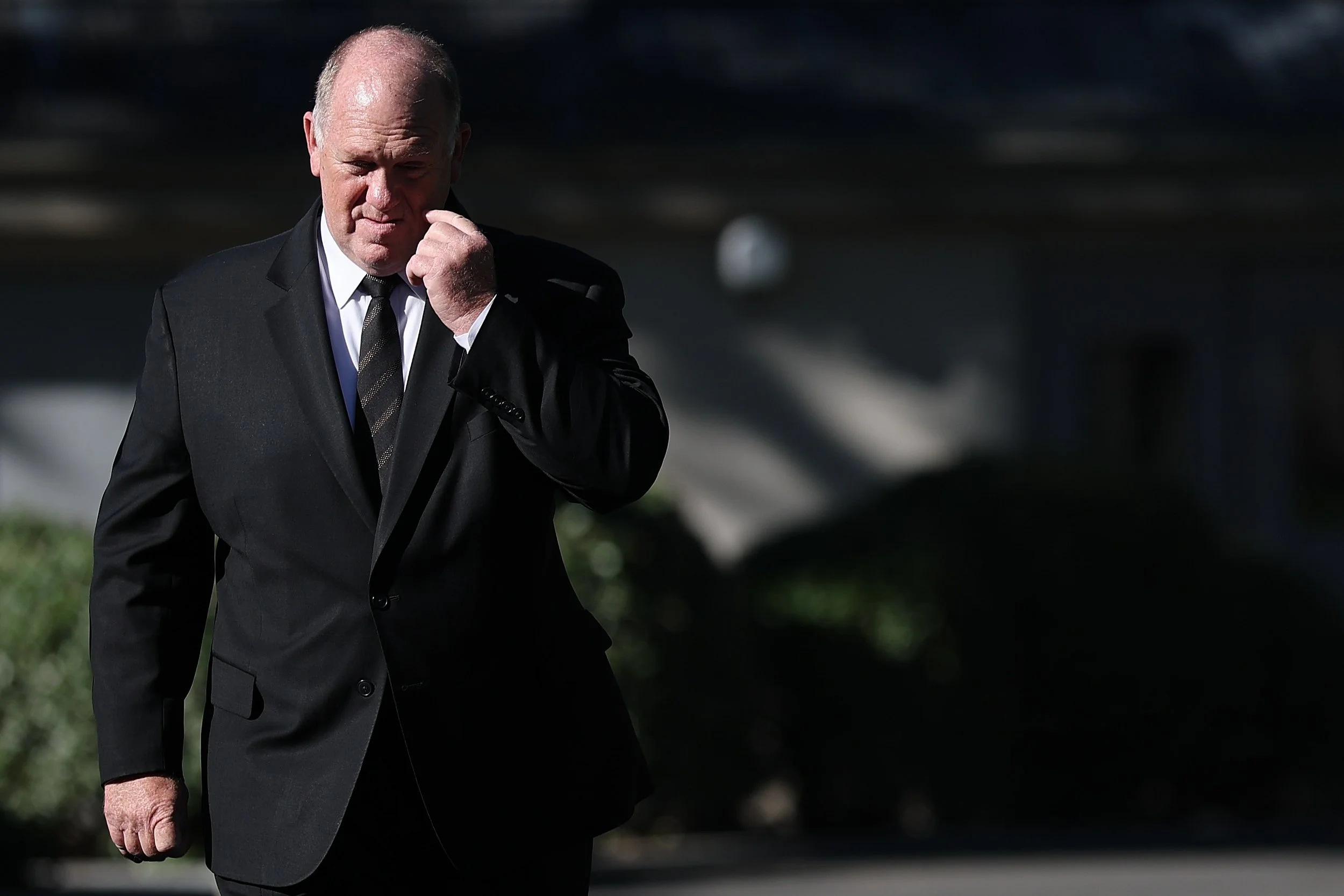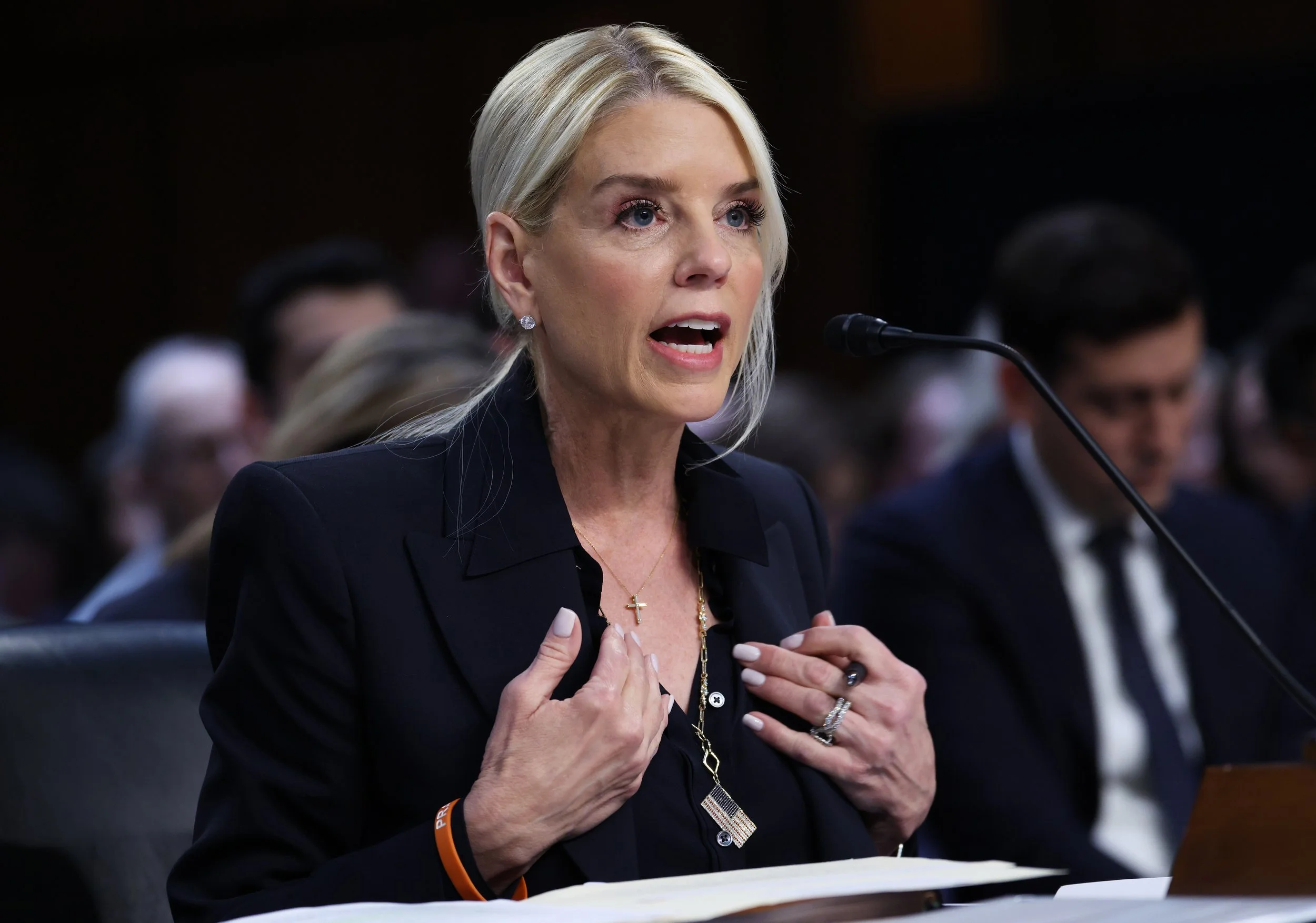Supreme Court Limits Power Of Judges To Block Trump’s Birthright Citizenship Plan
Friday marked the final day of rulings for this Supreme Court term, and the justices tend to save their most divided decisions for last. Notably, all of today’s rulings came down with a 6-3 split (the six conservative Justices on one side, and the three liberals on the other). Here’s a roundup of the most consequential decisions handed down today:
In a 6–3 ruling Friday, the Supreme Court said individual federal judges can no longer issue nationwide injunctions — orders that block a president’s policy from taking effect across the entire country.
Hours after the ruling, President Trump applauded the six conservative Supreme Court justices’ decision, pointing to the historic number of injunctions his administration has faced. He has also issued an unprecedented number of executive actions.
WHAT THE JUSTICES SAID
The court’s issue was mainly with judges going too far with their rulings – impacting people not even involved in a lawsuit. Under recent administrations, judges have increasingly used nationwide injunctions to block presidents’ moves, usually exercised by judges of the opposite political party from the president.
During oral arguments in May, conservative Justice Samuel Alito explained: “The practical problem is that there are 680 district court judges, and they are dedicated and they are scholarly, and I’m not impugning their motives in any way. But you know, sometimes they’re wrong.”
The Majority Opinion: Justice Amy Coney Barrett wrote the majority opinion in Trump v. Casa: “Some say that the universal injunction ‘give[s] the Judiciary a powerful tool to check the Executive Branch’...But federal courts do not exercise general oversight of the Executive Branch; they resolve cases and controversies consistent with the authority Congress has given them. When a court concludes that the Executive Branch has acted unlawfully, the answer is not for the court to exceed its power, too.”
The Dissenting Opinion: Justice Sonia Sotomayor, in a fiery dissent for the three liberals, called it “a travesty for the rule of law.” She added, “No right is safe in the new legal regime the Court creates. Today, the threat is birthright citizenship. Tomorrow, a different administration may try to seize firearms from law-abiding citizens or prevent people from certain faiths from gathering to worship.”
The decision marks a major win for Trump and could reshape how presidential powers are checked in the courts — one of the few tools Democrats have successfully used against Trump’s wave of executive orders this term, as Republicans control both chambers of Congress. The ruling is expected to help the Trump administration advance several stalled policies, including cutting federal funding to sanctuary cities, suspending refugee resettlement programs, blocking gender-affirming care for transgender prisoners, and more.
WHAT THE JUSTICES DID NOT RULE ON
The case stemmed from challenges to Trump’s executive order ending birthright citizenship — which currently grants U.S. citizenship to roughly 255,000 babies each year regardless of their parents’ legal status and is protected by the 14th Amendment. The justices did not rule on whether that measure is constitutional, which is currently pending in appeals courts. The case could come back to the Supreme Court later on.
The birthright order is now set to go into effect in 30 days in the 28 states that have not challenged the measure — unless other legal remedies are taken, such as a class-action lawsuit. Expect one pretty quickly.
BOTH SIDES OF THE AISLE
Democrats and Republicans alike have used nationwide injunctions to block the opposing party’s actions. That includes Sen. Eric Schmitt (R-MO), who, as Missouri’s attorney general, filed 25 lawsuits against President Biden’s administration in just 20 months. He is now celebrating this win against injunctions. At the same time, Justice Elena Kagan has previously criticized nationwide injunctions, but defended them in the dissenting opinion today.














